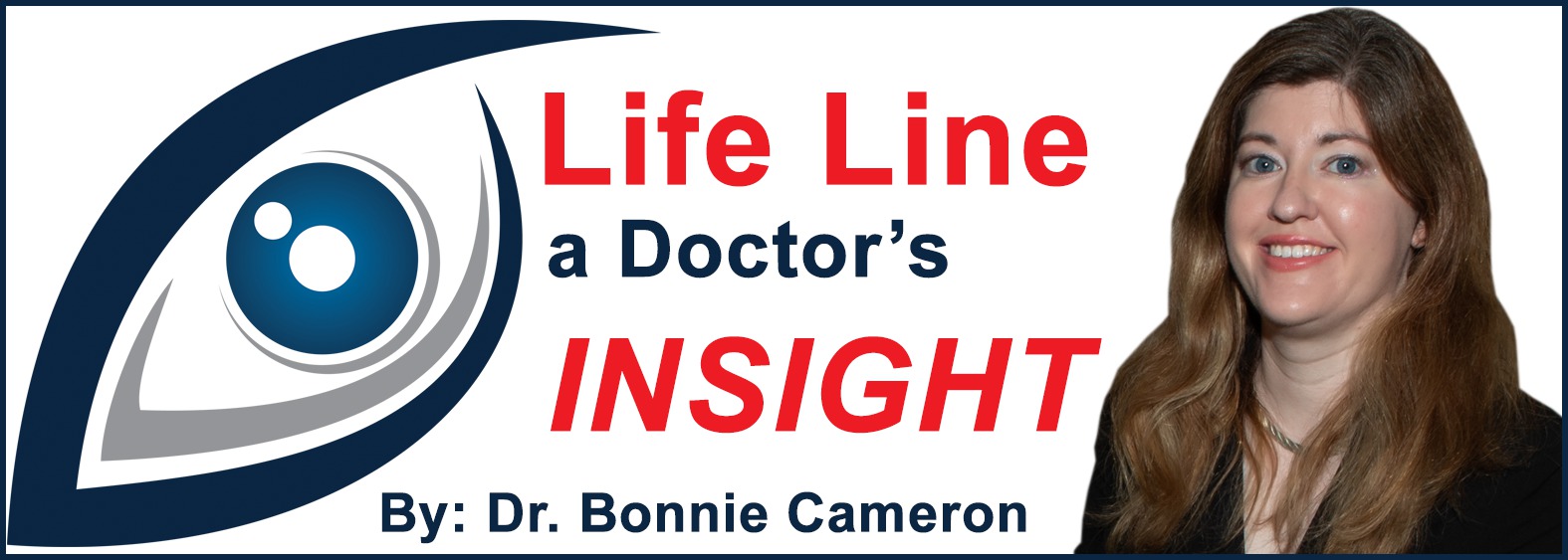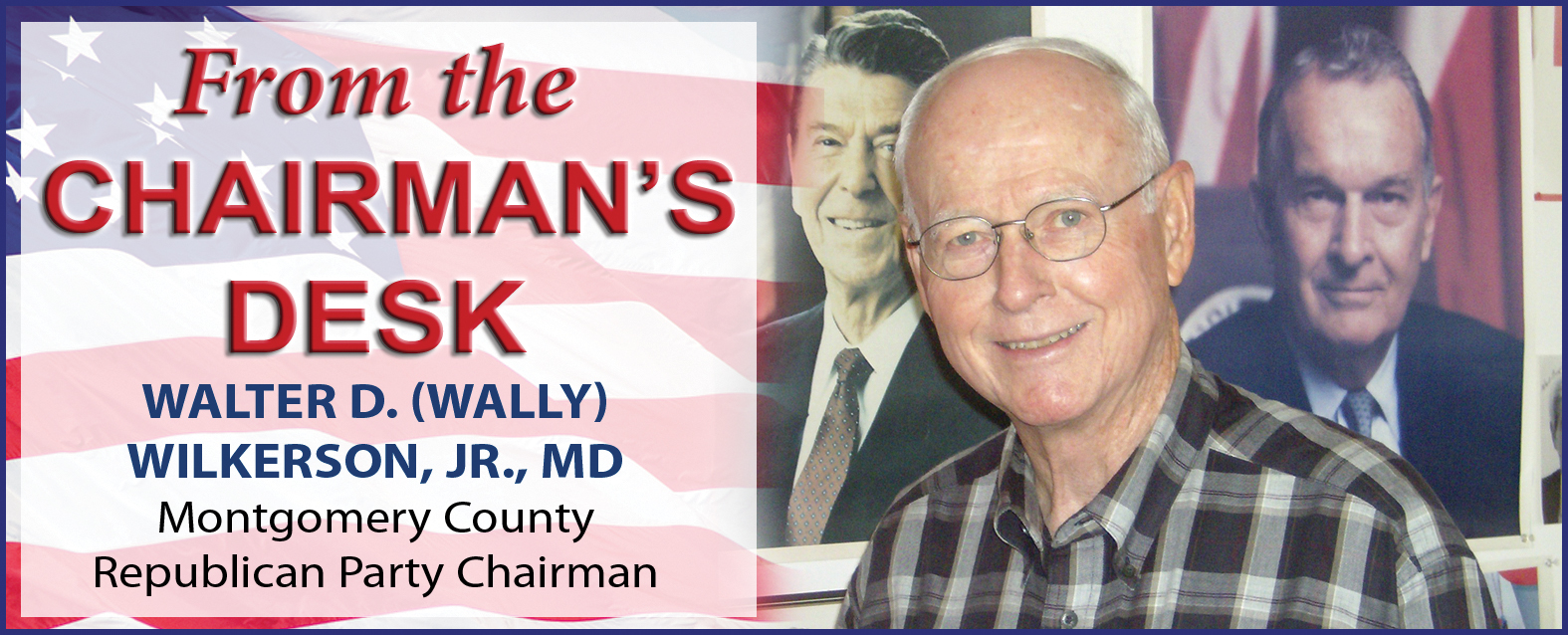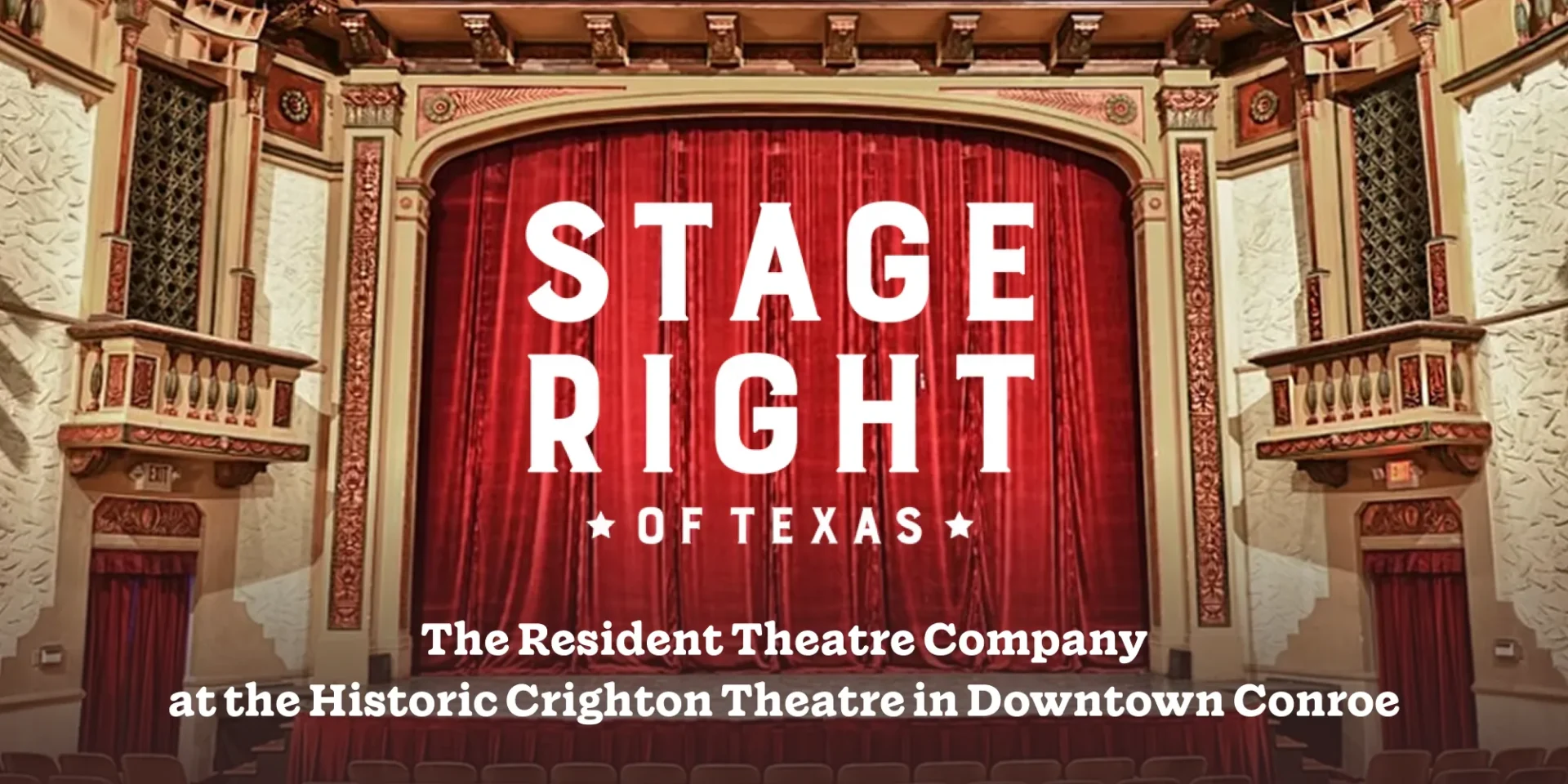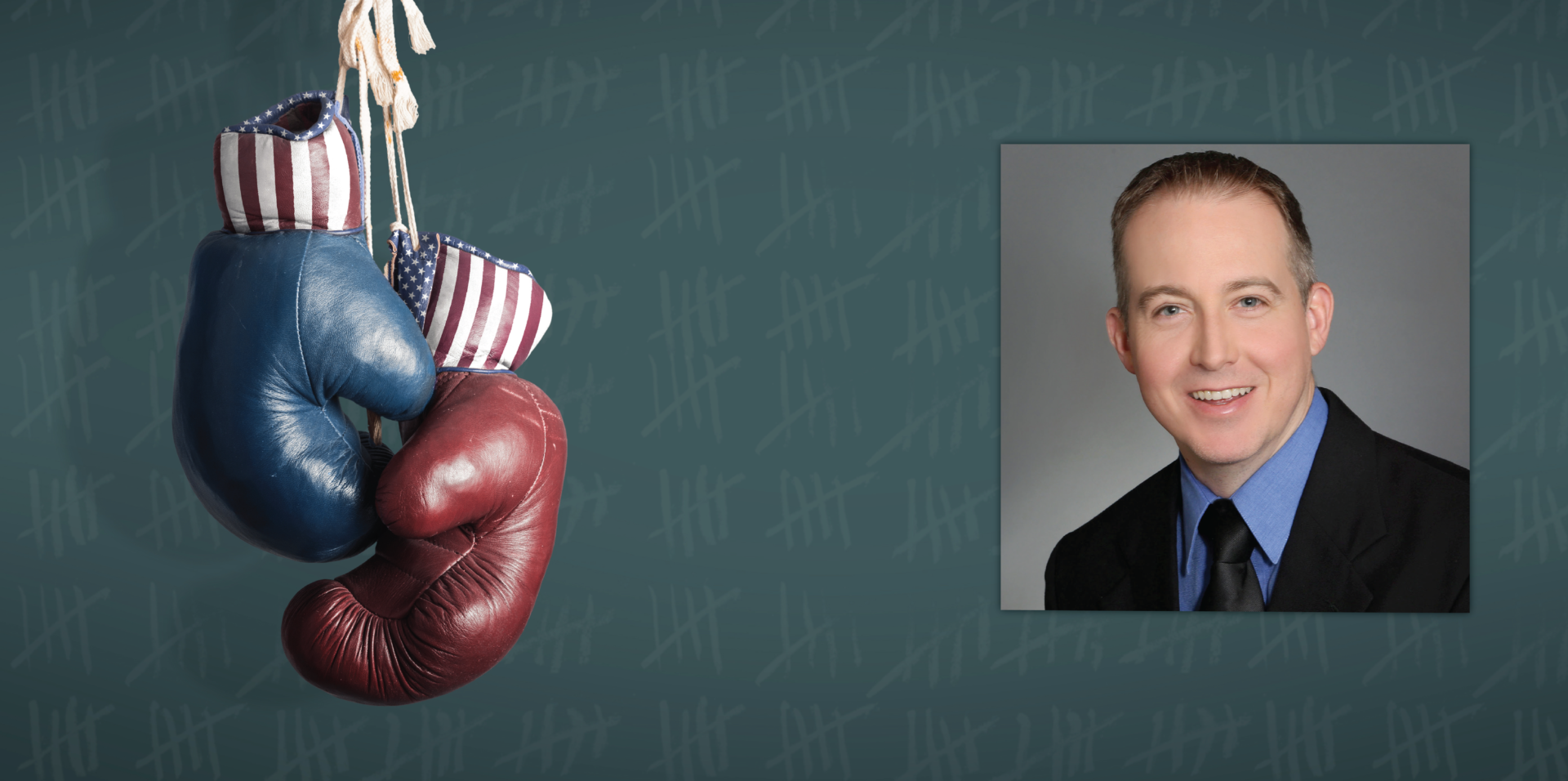Lincoln and the Bible
Montgomery County Republican Part Chairman
“In wartime, a president who once seemed indifferent to religion evolved into a theologian of liberty”. So wrote Meir Soloveichik, director of the Straus Center for Torah and Western Thought, in a Wall Street Journal article entitled “What the Bible Taught Lincoln About America”. Soloveichik noted: “When Abraham Lincoln was elected president in 1860, he was certainly not thought of as a man given to religious fervor.” But with the death toll mounting over the years of the Civil War, Lincoln evolved into a “theologian of the American idea”.
For instance, Lincoln began the Gettysburg Address with the words “fourscore and seven years ago”. Lincoln knew his audience was deeply familiar with the King James Bible and would recognize the language of Psalms- “The days of our years are threescore years and ten; and if by reason of strength they be fours-score years”. In 1861, Lincoln received a gift from a Bavarian immigrant that had an enormous effect on him. The gift was a framed painting of an American flag on whose stripes were inscribed Hebrew verses from the book of Joshua. Soon thereafter, Lincoln departed Springfield for Washington, D.C. for his inauguration. Before the train pulled out of the station, Lincoln declared: “I now leave not knowing when, or whether ever, I may return, with a task before me greater than that which rested upon (George) Washington. Without the assistance of the Divine Being who ever attended him, I cannot succeed. With that assistance, I cannot fail”.
Along the way in Trenton, NJ, he spoke of reading about (George) Washington and his battle for that city. He concluded that Washington intended “to serve as a humble instrument in the hands of the Almighty, and of this, his almost chosen people.” Soloveichik wrote: “By referring to Americans as ‘almost chosen people’, Lincoln drew a comparison between his country and biblical Israel…” Lincoln traveled on to Philadelphia where he visited Independence Hall, home of the Declaration of Independence, and delivered a biblical reference- “All my political warfare has been in favor of the teachings coming forth from that sacred hall… May my right hand forget its cunning and my tongue cleave to the roof of my mouth, if I ever prove false to those teachings.” This was a reference to Psalm 137 and the doctrine “all men are created equal”.
Lincoln’s “biblical reflections” reached “full flowering” in March 1865 with his Second Inaugural Address which many critics describe as the most “remarkable piece of oratory in American history”. It concluded with the Psalmist’s declaration that “the judgments of the Lord are true and righteous altogether”. Just a week later, Lincoln was shot by John Wilkes when Christians were observing Good Friday. Jews attended Passover the following day. “Mary Lincoln would later report, that just before he died, the president had reflected that ‘there was no city on earth he so much desired to see as Jerusalem’. Soloveichik concluded: “But Lincoln’s description of America as an ‘almost chosen people’ remains important, not just as a key to his thought but as a warning for Americans today. A chosen people is eternal, but America is an exceptional nation only if it remains ever loyal to the covenant of its founding, the ideals for which Washington and Lincoln died.”





